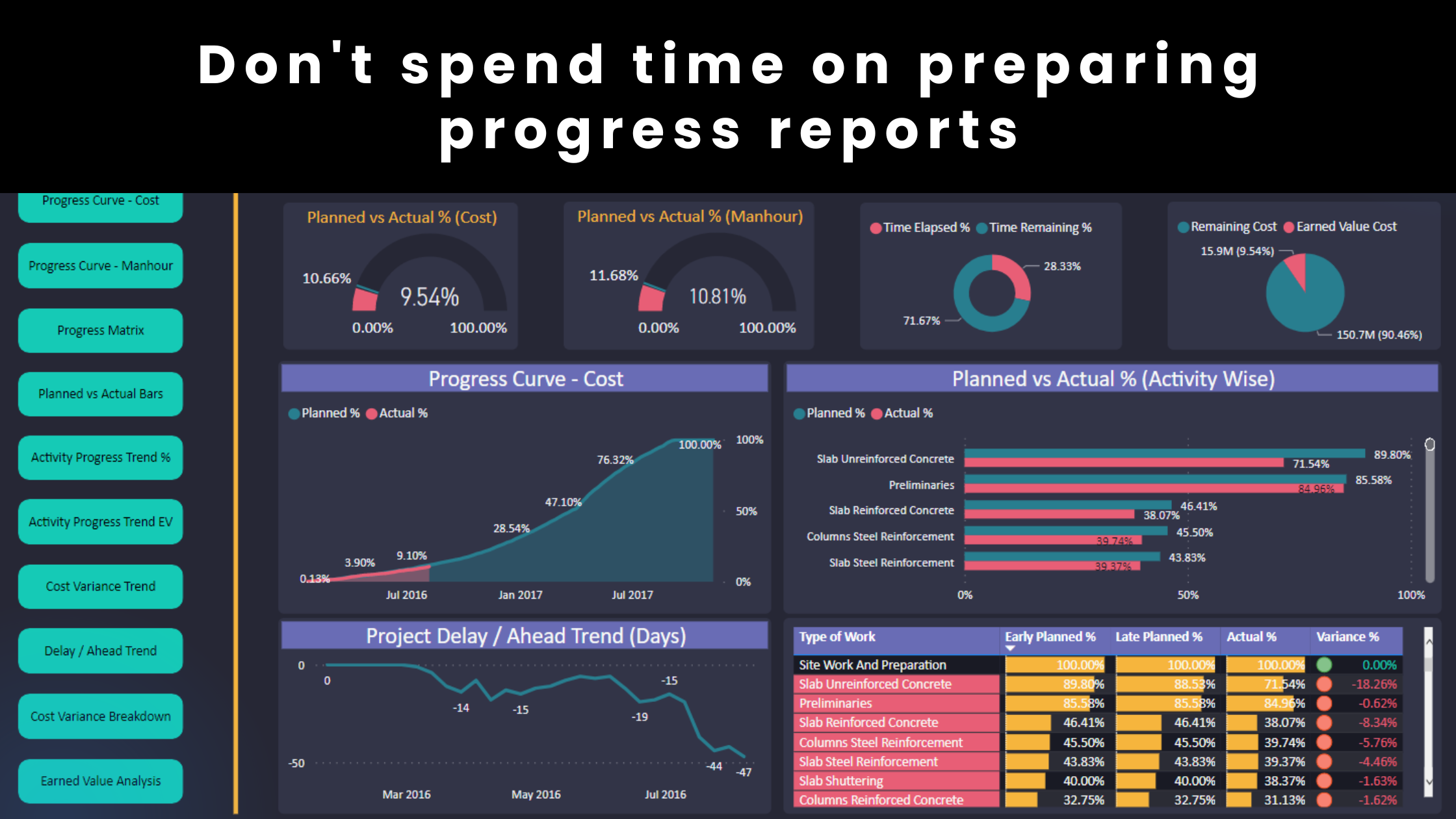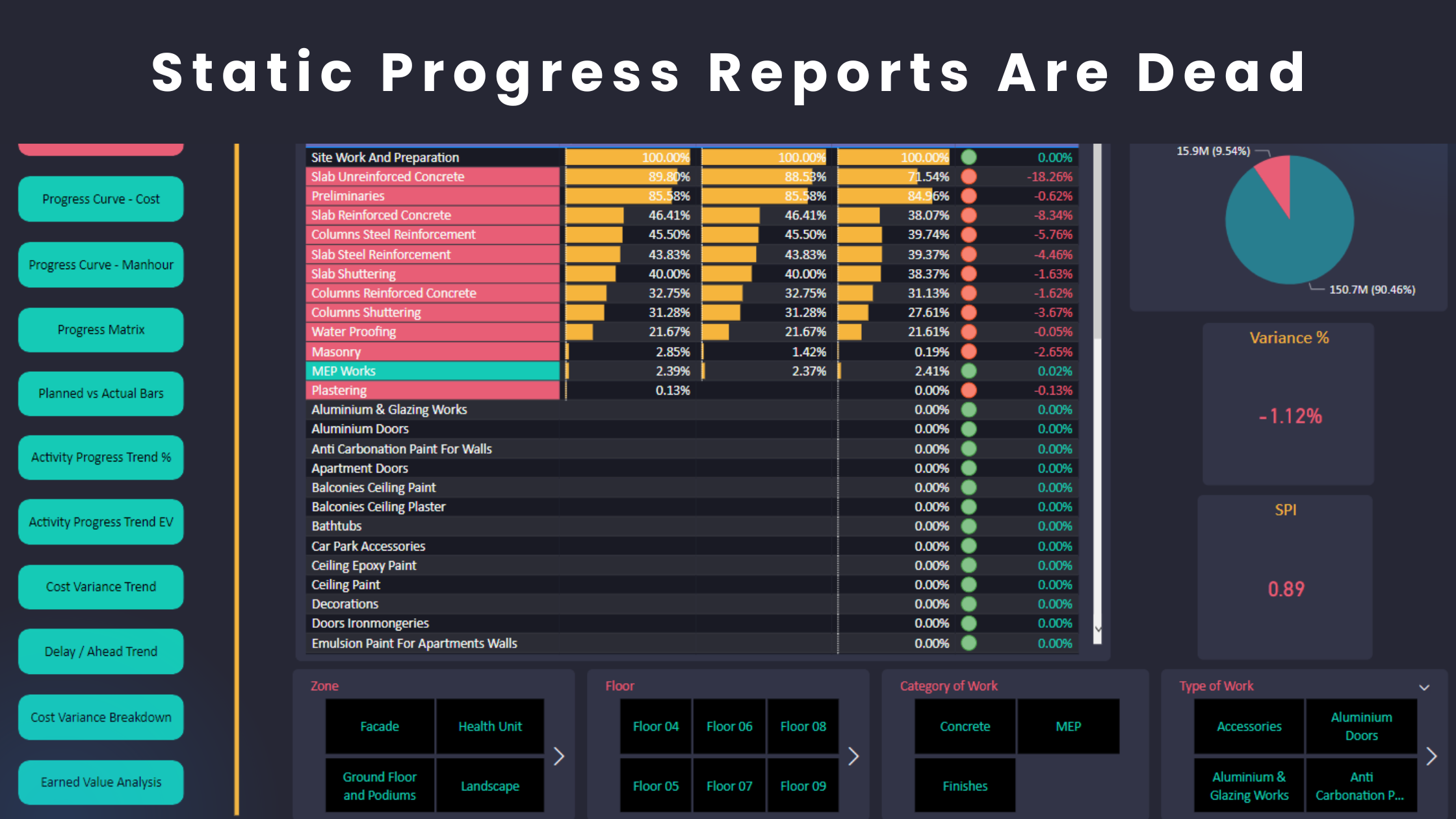Notifications are an essential part of the claim but are often overlooked. If the claim notice is not submitted, the contractor risks its entitlements. But first, why are claim notices so important? First, notices serve as an alarm of potential causes of delays. Second, the owner has the right to analyze the risks associated with project completion and deal with the financial consequences as early as possible.
Notices from the contractor’s perspective
In practice, the notice is meant to help both parties work together to mitigate the project delays toward the project’s success. However, Contractors look at notices as a burden and a task they wish they never have to do. The more critical delay events in a project, the more likely the Contractor will receive a favored response on its claims. So why would the Contractor become proactive to send effective notices and collaborate with the client to mitigate the impacts. However, modern construction contracts now outline strict requirements around the submission of notices. In case notices are not in compliance with the contract requirements, the contractor may lose its entitlements.

Notices are “Communications”
I also found that contractors tend to overlook the “communication” clause as per the contract before the notice is submitted. This clause answers key questions such as how the notice should be submitted and in which form. Contractors assume that it is enough that the Engineer is notified about the event but no attention is paid to how the notice should be communicated. For example, the event can be recorded in the minutes of meeting or highlighted as a part of an RFI or a submittal response. In this case, although the Engineer was notified of the event via such correspondences, the notice wasn’t in compliance with the contract requirements. FIDIC Red Book 1999 – Subclause 1.3 “communications“ clearly indicates the communication protocols for the notice submission. It outlines how the notice should be submitted and in which form. Similarly, some contracts have communication guidelines that should be read carefully.
If you are in doubt
Furthermore, the Contractor is often required to submit a Notice of Extension of Time claim within 28 days after the event has first arisen. In some cases, sufficient details haven’t been revealed to the Contractor yet about the nature of the event and the associated consequences. It is sometimes challenging to adequately analyze schedule delays and determine whether or not this event will have an impact within such a short time frame.

In such cases, I urge you to submit the claim notice anyway. According to FIDIC 1999 – Clause 20.1, the Employer is discharged from any liabilities if the Contractor failed to submit the notice. Hence, if more details have become available and there is no impact, the worst case is that the Employer will reject the notice. If it is the other way around, and the Contractor failed to submit the notice, the claim is void and the Contractor loses its entitlement.
Learn More!
Check out our comprehensive courses
Regards,
Osama Saad, MBA, PMP, PSP, PMI-SP










